Home>Garden Essentials>What Are Caraway Seeds
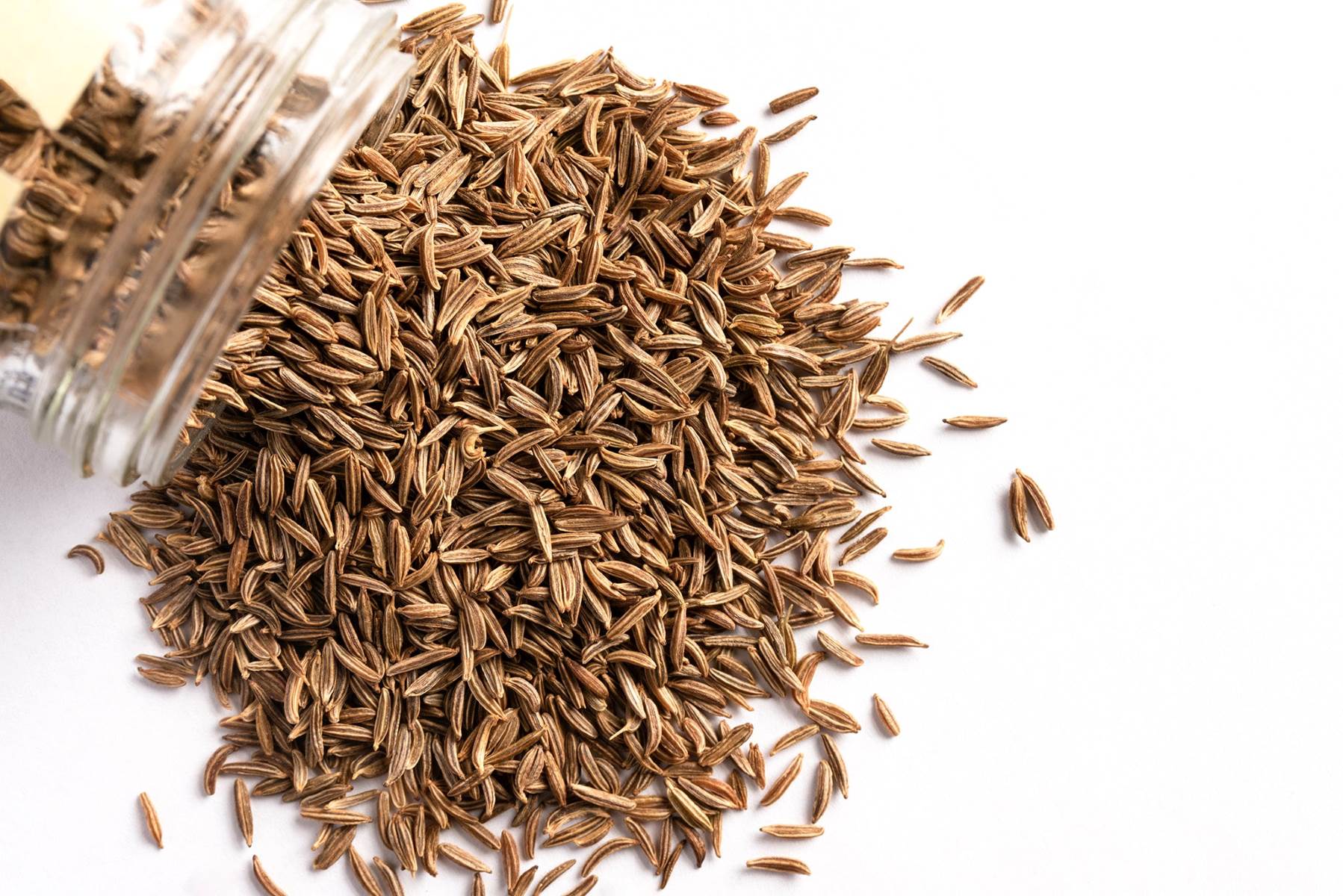

Garden Essentials
What Are Caraway Seeds
Modified: August 16, 2024
Discover the uses and benefits of caraway seeds in your garden. Learn how to grow, harvest, and store these aromatic seeds to enhance your culinary creations.
(Many of the links in this article redirect to a specific reviewed product. Your purchase of these products through affiliate links helps to generate commission for Storables.com, at no extra cost. Learn more)
Introduction
Welcome to the fascinating world of caraway seeds! These small, aromatic seeds are bursting with flavor and have a rich history that spans centuries. Whether you’re a seasoned chef or an avid gardener, understanding the significance of caraway seeds can add depth and variety to your culinary adventures.
Caraway seeds are derived from the caraway plant, scientifically known as Carum carvi. This biennial plant is native to Western Asia, Europe, and North Africa, and has been cultivated for its seeds and leaves for thousands of years. The seeds, in particular, have been highly coveted for their unique taste and medicinal properties.
In this article, we will delve into the history, characteristics, culinary uses, health benefits, storage methods, and potential side effects of caraway seeds. By the end, you’ll have a comprehensive understanding of these versatile seeds and how to incorporate them into your daily life.
Key Takeaways:
- Caraway seeds have a rich history dating back to ancient times, offering a warm, earthy flavor and potential health benefits, making them a valuable addition to culinary creations.
- When using caraway seeds, store them in a cool, dark place, grind them just before use, and consume in moderation to enjoy their unique flavor and potential health benefits.
Read more: What Is Caraway Seed In Hindi
History of Caraway Seeds
The history of caraway seeds can be traced back to ancient times. They have been used for culinary and medicinal purposes for over 5,000 years. The earliest records of caraway seeds can be found in ancient Egyptian texts, where they were valued for their aromatic properties and digestive benefits.
Caraway seeds gained popularity throughout Europe during the Middle Ages. They were commonly used in traditional European cuisines and were believed to have medicinal properties that could treat various ailments. Caraway seeds were even included in medieval medicinal recipes alongside other herbs and spices.
During the Renaissance period, caraway seeds became a staple in German cuisine. They were used to flavor sausages, bread, and various dishes. Caraway-spiked schnapps, a traditional German alcoholic beverage, was also developed during this time.
Caraway seeds continued to be widely used in European culinary traditions, particularly in Scandinavian, Eastern European, and British cuisine. They were incorporated into dishes such as rye bread, sauerkraut, stews, and even desserts.
Today, caraway seeds are enjoyed globally, with their popularity extending beyond traditional European cuisines. They are a common ingredient in Indian, Middle Eastern, and Mediterranean dishes. Caraway seeds are also used in the production of alcoholic beverages, such as aquavit and kümmel.
While caraway seeds have a long and storied history, their relevance in modern times cannot be overstated. Their unique flavor and versatility make them a valuable addition to any culinary repertoire.
Characteristics of Caraway Seeds
Caraway seeds are small, oval-shaped seeds that are dark brown in color. They have a distinct aroma and flavor that is often described as warm, earthy, and slightly sweet. When crushed or ground, the seeds release a strong, fragrant scent that adds depth to dishes.
The flavor profile of caraway seeds is often compared to other seeds like fennel and anise. While they share some similarities, caraway seeds have a distinct taste that sets them apart. They have a slightly bitter and peppery undertone, which adds a unique complexity to recipes.
Caraway seeds are rich in essential oils, which contribute to their aromatic properties and health benefits. The primary active compounds found in caraway seeds include carvone and limonene, which offer antioxidant, antimicrobial, and anti-inflammatory properties.
Aside from their flavor and aroma, caraway seeds are also known for their nutritional value. They are a good source of fiber, vitamins, and minerals. Caraway seeds contain significant amounts of vitamin A, vitamin C, calcium, iron, and magnesium.
One notable characteristic of caraway seeds is their ability to aid digestion. They have been traditionally used to relieve symptoms of indigestion, bloating, and flatulence. Caraway seeds have carminative properties, which help to soothe the digestive system and promote healthy digestion.
Caraway seeds also have an interesting cultural significance. They are often associated with good luck and were traditionally used to seed wedding cakes as a symbol of fertility and prosperity. In some cultures, caraway seeds were also believed to have protective properties against evil spirits.
Overall, the characteristics of caraway seeds, from their flavor and aroma to their nutritional value and digestive benefits, make them a valuable ingredient in a wide range of culinary and medicinal applications.
Culinary Uses of Caraway Seeds
Caraway seeds are a versatile ingredient that can elevate the flavor of various dishes. From bread to soups to pickles, their distinct taste and aroma add a unique twist to recipes. Here are some popular culinary uses of caraway seeds:
- Breads: Caraway seeds are commonly used in bread-making, especially rye bread. They add a distinct earthy and slightly sweet flavor to the bread, making it more flavorful and aromatic.
- Sauerkraut: Caraway seeds are often added to sauerkraut, a fermented cabbage dish popular in many European cuisines. The addition of caraway seeds enhances the tangy and savory flavor of sauerkraut.
- Stews and Soups: Caraway seeds are a wonderful addition to hearty stews and soups. They complement the flavors of root vegetables, meats, and legumes, adding depth and complexity to the dish.
- Pickles: Caraway seeds are frequently used in pickling brines to enhance the flavor and aroma of pickled vegetables. They add a unique tanginess and spiciness to the pickles.
- Cheeses: Caraway seeds pair well with various types of cheese, particularly aged and soft cheeses. They add a subtle nutty and peppery flavor that enhances the taste of the cheese.
- Meat and Sausages: Caraway seeds are often used as a seasoning for meats and sausages. They add a pleasant warm and aromatic note to the dishes, balancing out the richness of the meat.
- Herb Blends: Caraway seeds are also commonly used in herb blends, such as Herbes de Provence or curry powder. They contribute to the overall flavor profile of the blend, adding complexity and depth.
- Beverages: Caraway seeds are used in the production of various alcoholic beverages like aquavit and kümmel. They lend an herbal and spicy flavor to these spirits, making them unique and enjoyable.
These are just a few examples of how caraway seeds can be used in the culinary world. Their distinctive taste and aroma make them a valuable ingredient in a wide range of dishes, adding depth and flavor that will surely impress your taste buds.
Caraway seeds are often used in baking and pickling. They have a slightly sweet and peppery flavor, and can be used to add depth to dishes like rye bread, sauerkraut, and roasted vegetables.
Health Benefits of Caraway Seeds
Caraway seeds not only enhance the flavor of dishes but also offer a range of potential health benefits. Here are some of the key health benefits associated with consuming caraway seeds:
- Digestive Health: Caraway seeds have long been used to support digestive health. They have carminative properties, which means they can help soothe the digestive system and reduce symptoms of indigestion, bloating, and flatulence. Caraway seeds may also aid in improving appetite and promoting healthy digestion.
- Antioxidant Properties: Caraway seeds are a rich source of antioxidants, which help protect the body against oxidative stress and damage caused by free radicals. The antioxidants in caraway seeds, such as carvone and limonene, have been associated with potential anti-inflammatory and anticancer effects.
- Heart Health: Studies have suggested that caraway seeds may have cardiovascular benefits. They have been found to have cholesterol-lowering properties, helping to reduce LDL (“bad”) cholesterol levels. Additionally, caraway seeds may have blood pressure-lowering effects, potentially contributing to heart health.
- Anti-Microbial Activity: Some research has indicated that caraway seeds may possess antimicrobial properties, which can help fight against certain types of bacteria and fungi. This may be useful in supporting oral health and preventing infections.
- Anti-Inflammatory Effects: The compounds found in caraway seeds have been shown to exhibit anti-inflammatory properties. This may be beneficial in reducing inflammation in the body and potentially alleviating symptoms associated with inflammatory conditions such as arthritis.
- Weight Management: Caraway seeds are low in calories and rich in dietary fiber. Including them in your diet can promote feelings of fullness, potentially aiding in weight management and preventing overeating.
- Respiratory Health: In traditional medicine, caraway seeds have been used to help alleviate respiratory issues such as coughs and bronchitis. Their expectorant properties can help loosen mucus and ease congestion.
- Brain Health: Preliminary studies have suggested that caraway seeds may have cognitive benefits. They appear to have memory-enhancing properties and may have a positive impact on brain function.
While caraway seeds offer potential health benefits, it is important to note that they should not be used as a substitute for medical treatment. If you have any specific health concerns, it is always advisable to consult with a healthcare professional.
Incorporating caraway seeds into your diet is a simple and flavorful way to enjoy their potential health benefits. With their distinct taste and versatile nature, they can be easily incorporated into a wide range of dishes, enhancing both flavor and overall well-being.
Read more: What Are Caraway Seeds In Hindi
How to Store Caraway Seeds
Proper storage of caraway seeds is essential to maintain their freshness and flavor over time. Here are some tips on how to store caraway seeds:
- Choose the right container: Store caraway seeds in an airtight container, such as a glass jar or airtight plastic container. Make sure the container has a tight-fitting lid to prevent moisture and air from entering.
- Keep it in a cool, dark place: Caraway seeds are sensitive to light and heat, which can cause them to lose their flavor and potency. Store them in a cool, dark cupboard or pantry away from direct sunlight and heat sources.
- Avoid moisture: Moisture can cause caraway seeds to spoil or become clumpy. Keep them away from moisture-prone areas such as the sink or refrigerator. If storing in the refrigerator, make sure the container is tightly sealed to prevent condensation from forming.
- Do not grind in advance: It is best to keep caraway seeds whole until you are ready to use them. Grinding the seeds in advance can cause them to lose their flavor more quickly.
- Label and date: To keep track of the freshness of your caraway seeds, label the container with the purchase date or expiration date. This will help you know when it’s time to replace them with fresh seeds.
- Check for freshness: Over time, caraway seeds can lose their flavor and aroma. To check for freshness, give the seeds a sniff. If they have a strong, pleasant aroma, they are likely still fresh. If the scent is faint or stale, it may be time to replace them.
When stored properly, caraway seeds can maintain their quality for up to a year. However, for the best flavor, it is recommended to use them within six months. As with any spice, the freshness of the seeds will gradually diminish over time.
Remember that caraway seeds are most flavorful when freshly ground or used whole. Grinding the seeds just before use will release their essential oils, ensuring maximum flavor in your dishes.
By following these storage guidelines, you can preserve the freshness and aroma of caraway seeds, allowing you to enjoy their unique flavor in your culinary creations for an extended period.
Potential Side Effects of Caraway Seeds
While caraway seeds are generally safe to consume and offer numerous health benefits, it’s important to be aware of potential side effects, especially in certain individuals. Here are some considerations regarding the potential side effects of caraway seeds:
- Allergic Reactions: Some individuals may be allergic to caraway seeds. If you have a known allergy to plants in the Apiaceae family, such as celery or fennel, it’s advisable to avoid caraway seeds or consult with a healthcare professional before consuming them.
- Gastrointestinal Discomfort: Although caraway seeds are known for their digestive benefits, some people may experience gastrointestinal discomfort when consuming them in large amounts. This can include symptoms like stomach pain, diarrhea, or nausea. It’s important to listen to your body and consume caraway seeds in moderation.
- Drug Interactions: Caraway seeds may interact with certain medications, particularly those metabolized by the liver. If you are taking any medications, especially those with known liver interactions, it’s advisable to consult with a healthcare professional before incorporating caraway seeds into your diet.
- Pregnancy and Breastfeeding: Limited studies are available on the safety of caraway seeds during pregnancy and breastfeeding. It’s advisable to exercise caution and consult with a healthcare professional before consuming caraway seeds in medicinal amounts during these periods.
- Skin Sensitivity: Some individuals may experience skin sensitivity or irritation when applying products containing concentrated caraway seed oil. It’s recommended to conduct a patch test before using such products to ensure there are no adverse reactions.
While these side effects are rare and the majority of people can safely consume caraway seeds without any issues, it’s always best to exercise moderation and seek professional advice if you have any concerns or pre-existing health conditions.
Remember, individual reactions and sensitivities can vary, so it’s important to listen to your body and make informed decisions about your dietary choices.
If you experience any unexpected or severe side effects after consuming caraway seeds, discontinue use and seek medical attention.
Conclusion
Caraway seeds are a versatile and flavorful ingredient that has been enjoyed for centuries. Their rich history, distinct taste, and potential health benefits make them a valuable addition to any kitchen.
From their early use in ancient Egypt to their widespread adoption in European cuisines, caraway seeds have stood the test of time. The aromatic and warm flavor they bring to dishes like breads, sauerkraut, and stews is unmatched. Their health benefits, including their potential to support digestion, provide antioxidants, and promote heart health, make them even more enticing.
When storing caraway seeds, remember to keep them in a cool, dark place in an airtight container to maintain their freshness. Consider using them whole and grinding them just before use to release their essential oils and maximize their flavor.
While caraway seeds are generally safe for consumption, it’s important to be aware of potential side effects and allergies. If you have any concerns or pre-existing health conditions, it’s advisable to consult with a healthcare professional before incorporating caraway seeds into your diet.
In conclusion, caraway seeds are more than just a spice. They are a piece of culinary and historical heritage, offering a unique taste and potential health benefits. So, go ahead and explore the world of caraway seeds in your cooking adventures, discovering new flavors and reaping the benefits they have to offer.
Frequently Asked Questions about What Are Caraway Seeds
Was this page helpful?
At Storables.com, we guarantee accurate and reliable information. Our content, validated by Expert Board Contributors, is crafted following stringent Editorial Policies. We're committed to providing you with well-researched, expert-backed insights for all your informational needs.
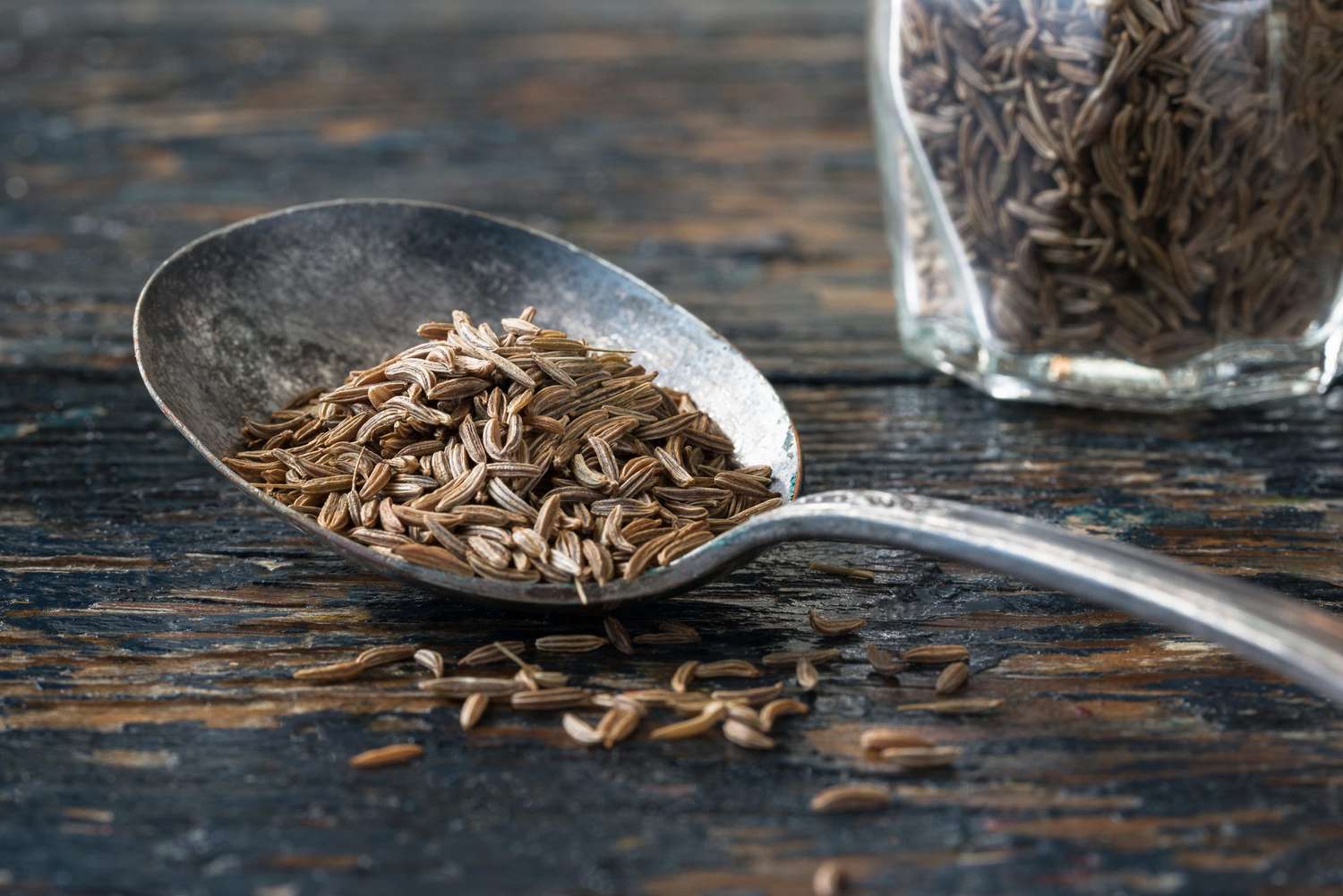
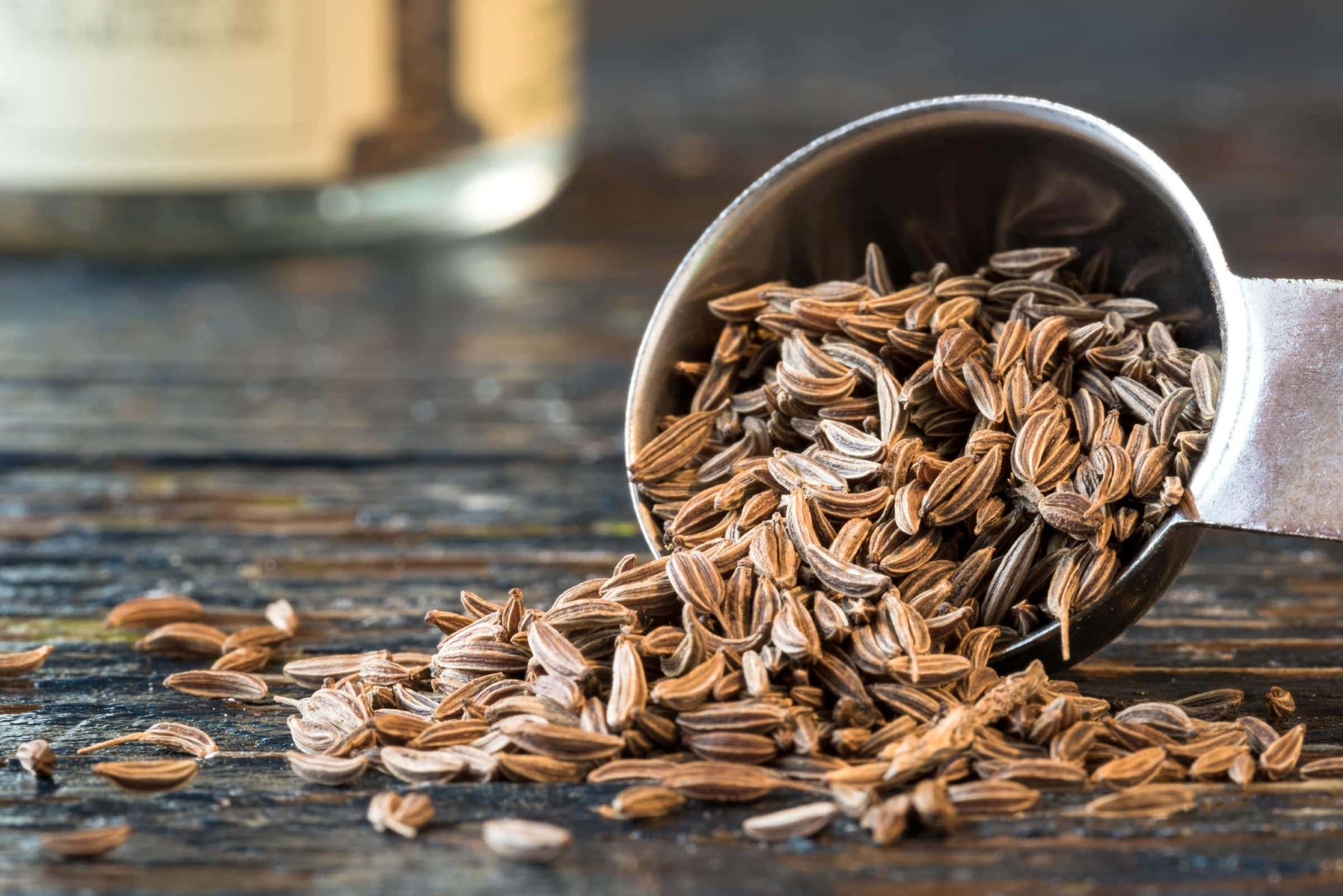
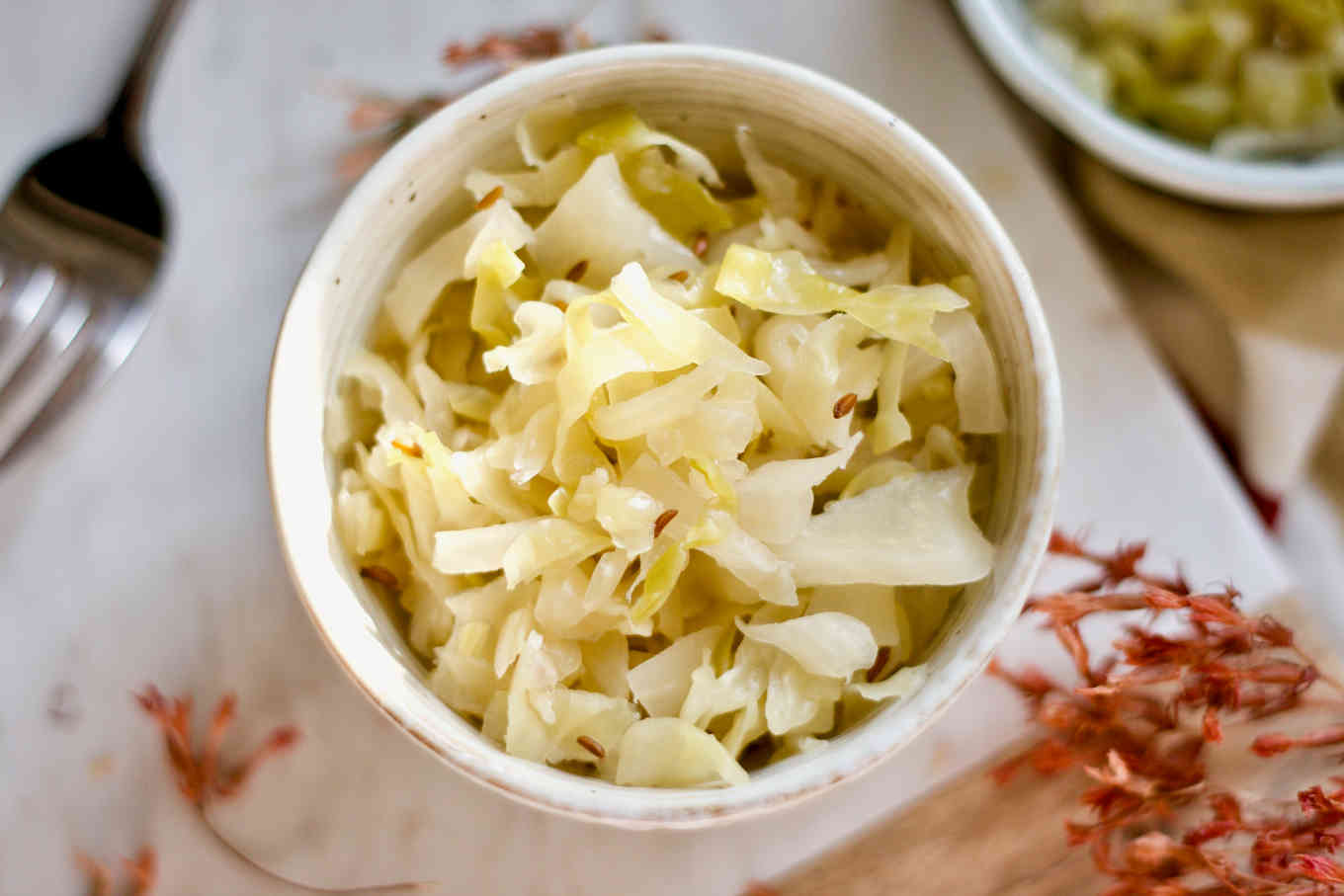
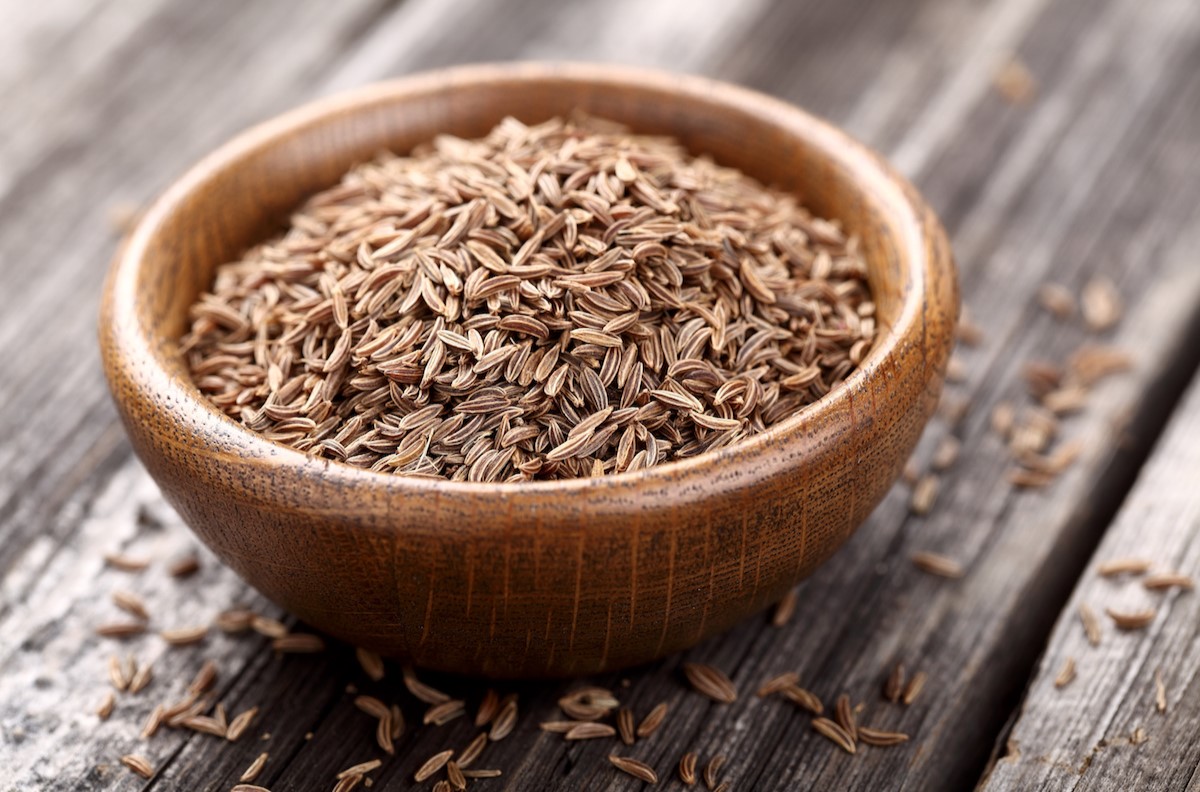

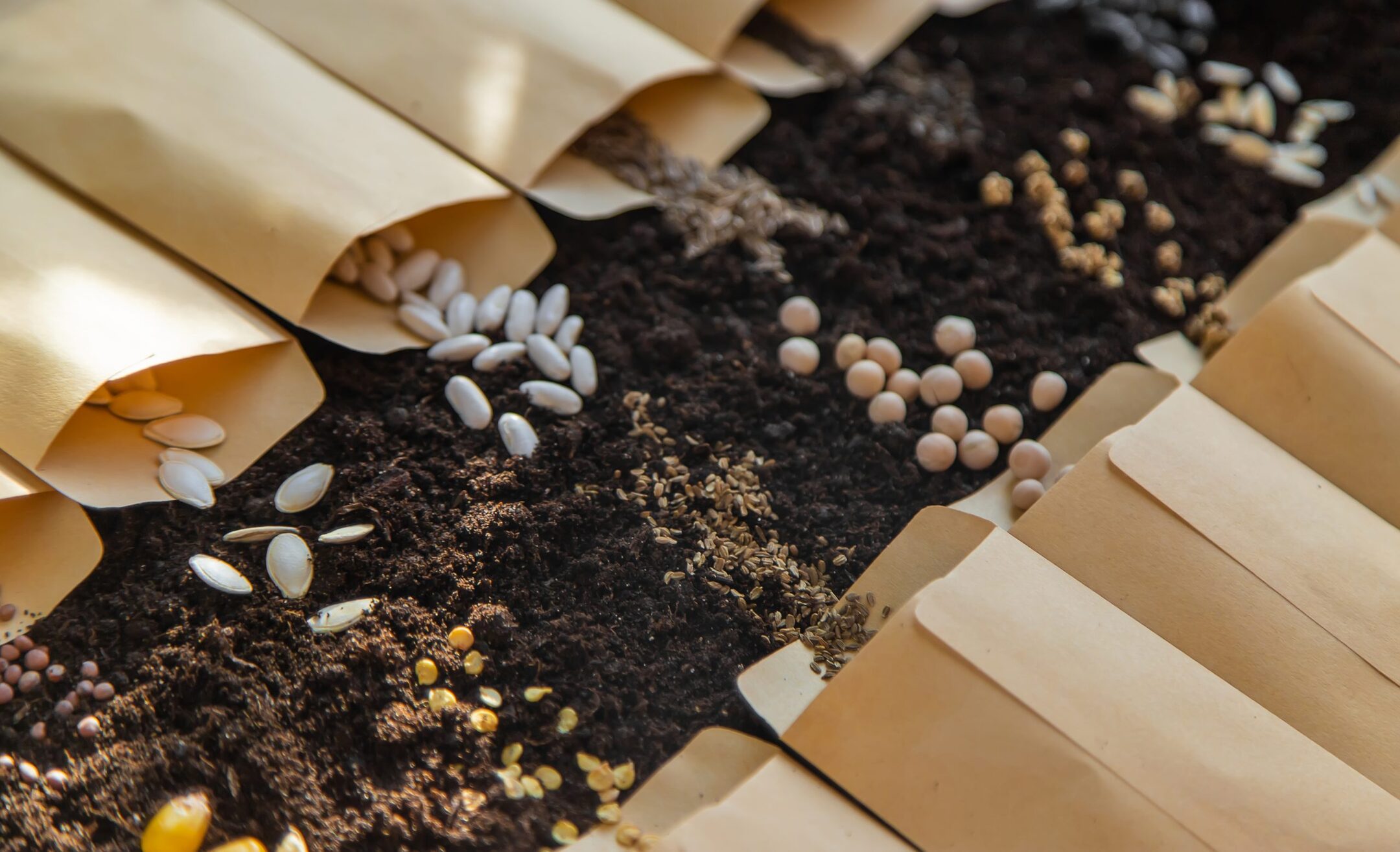
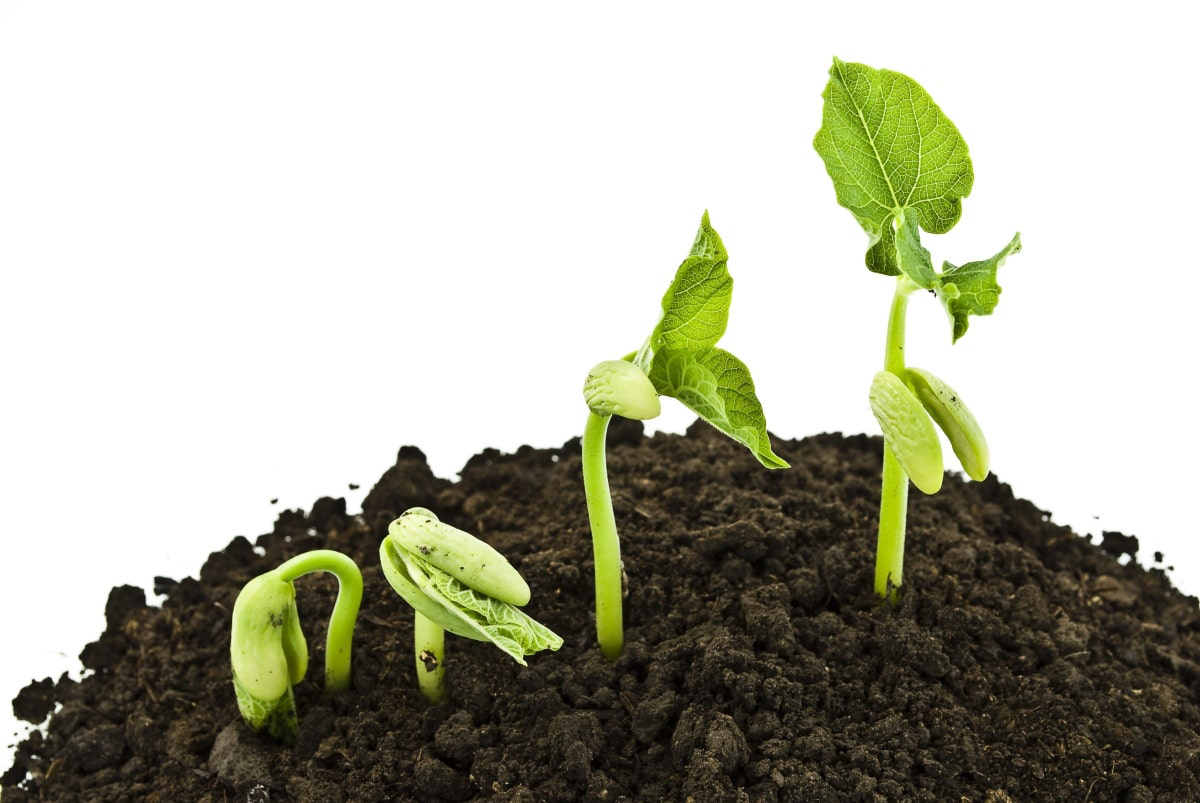
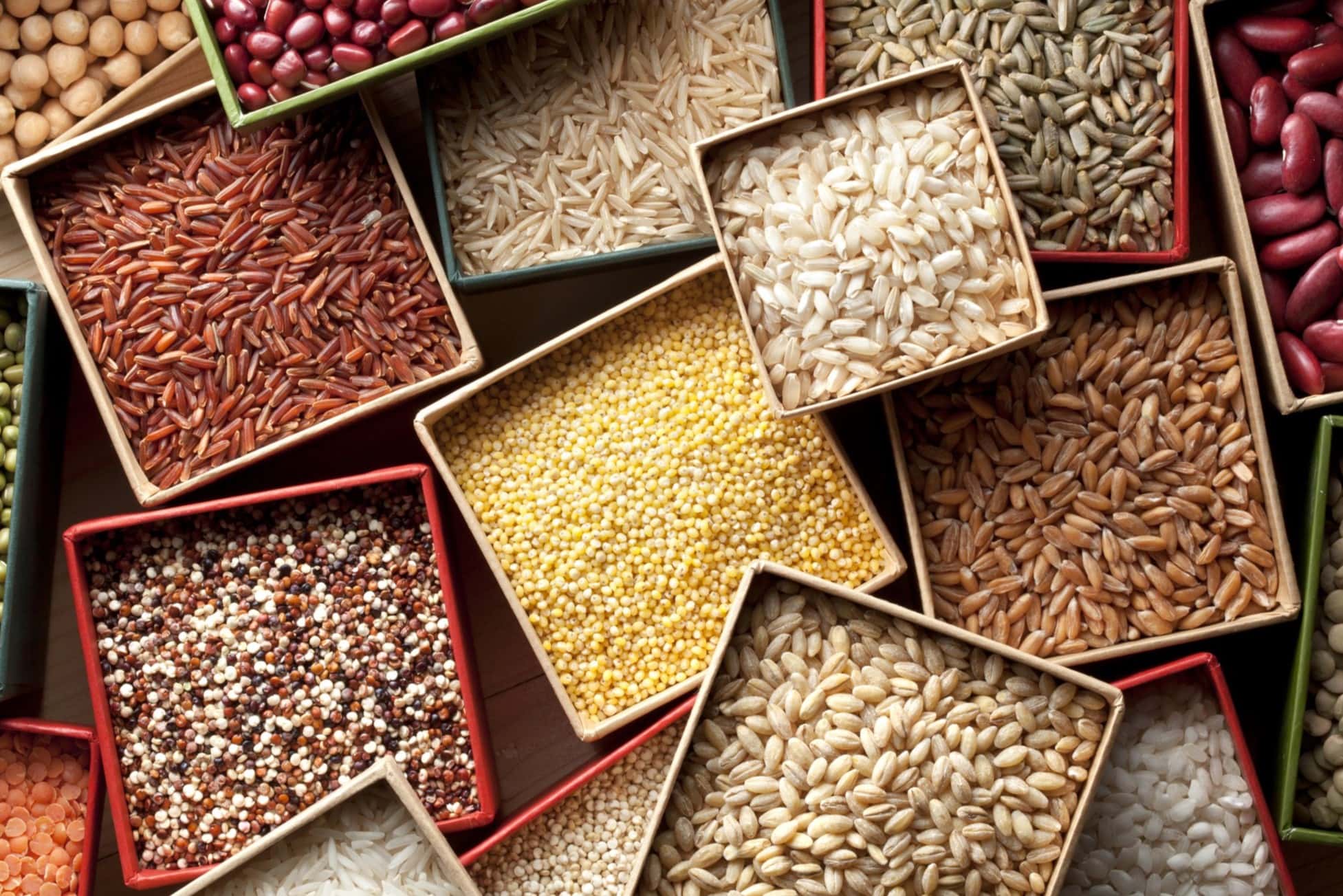
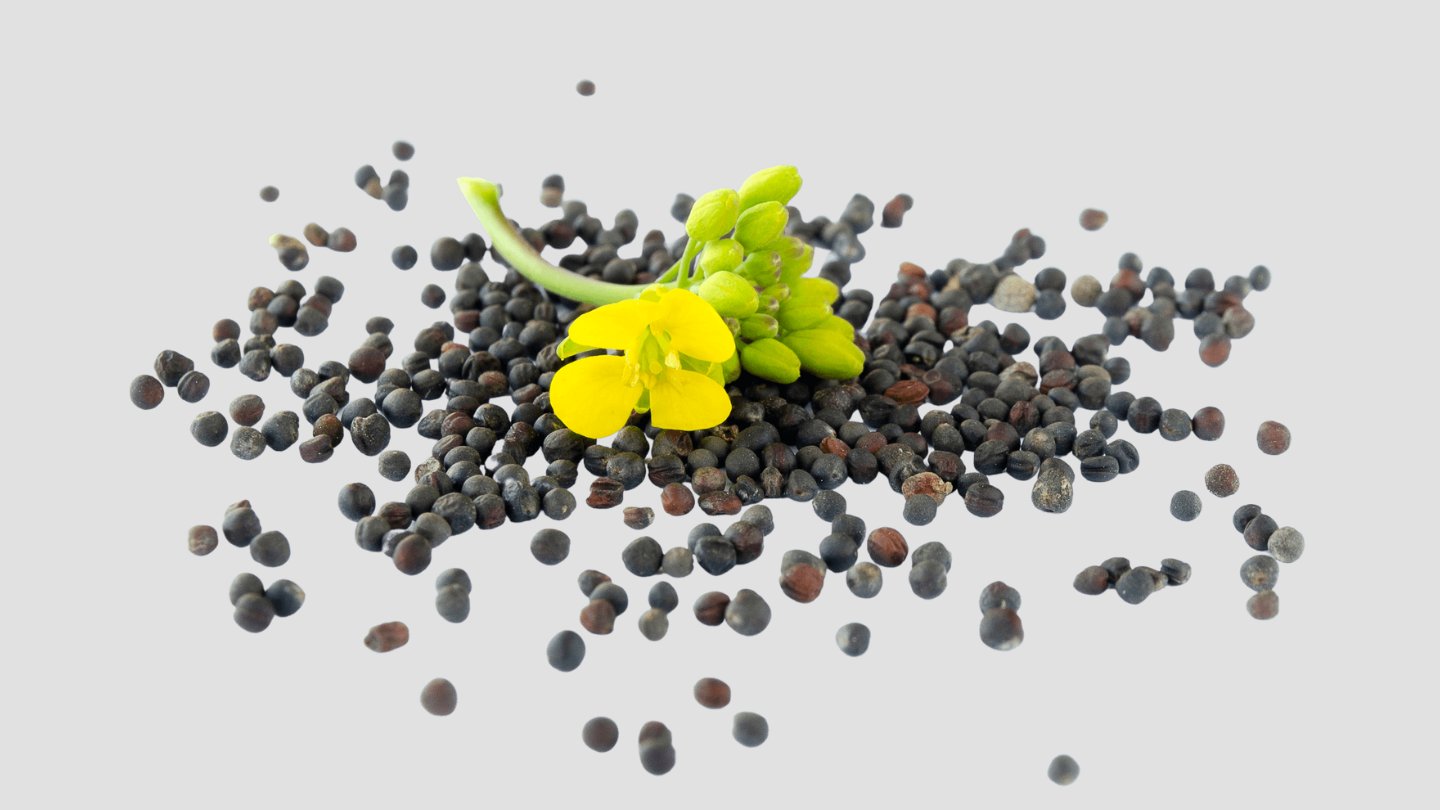
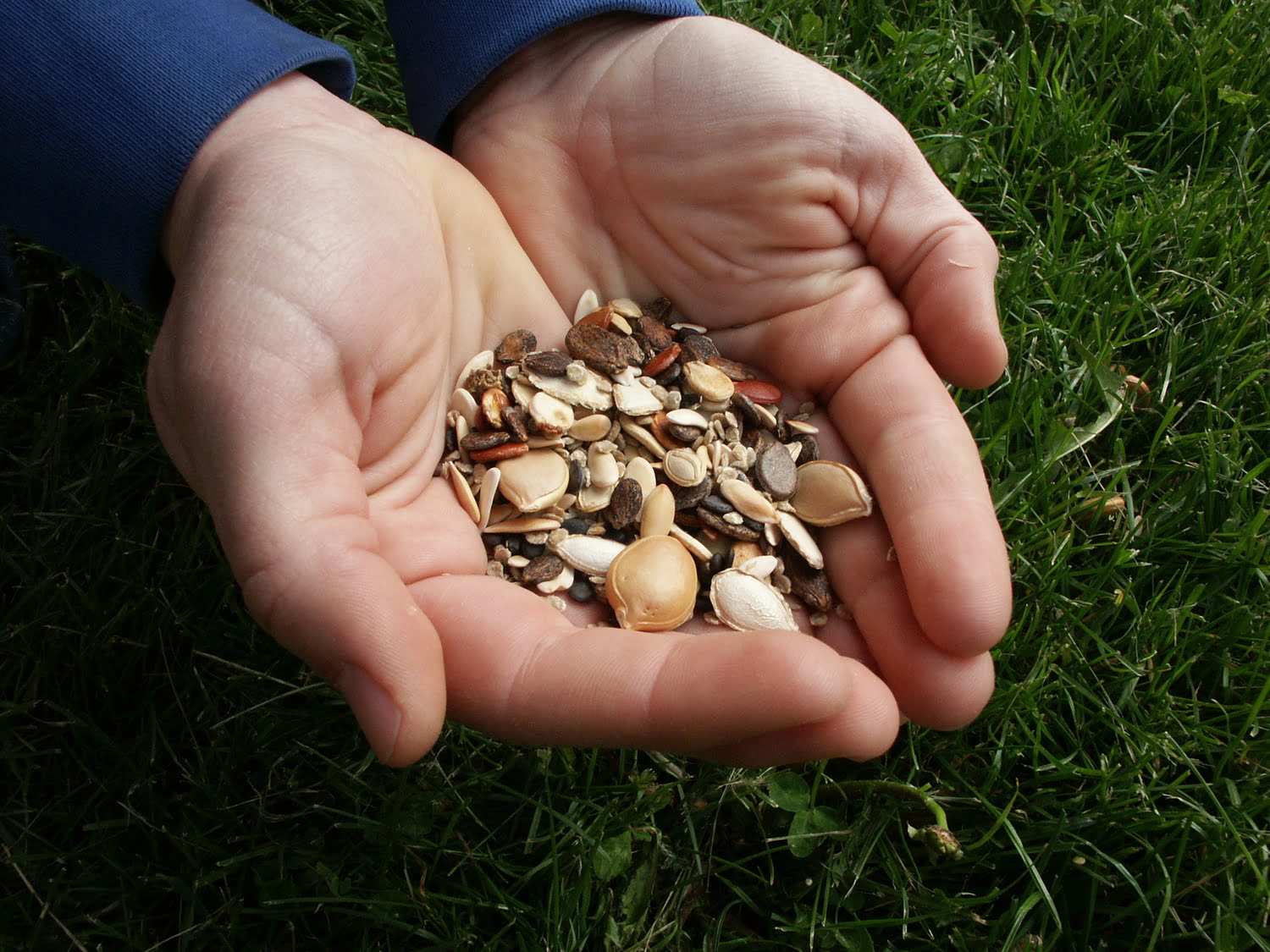
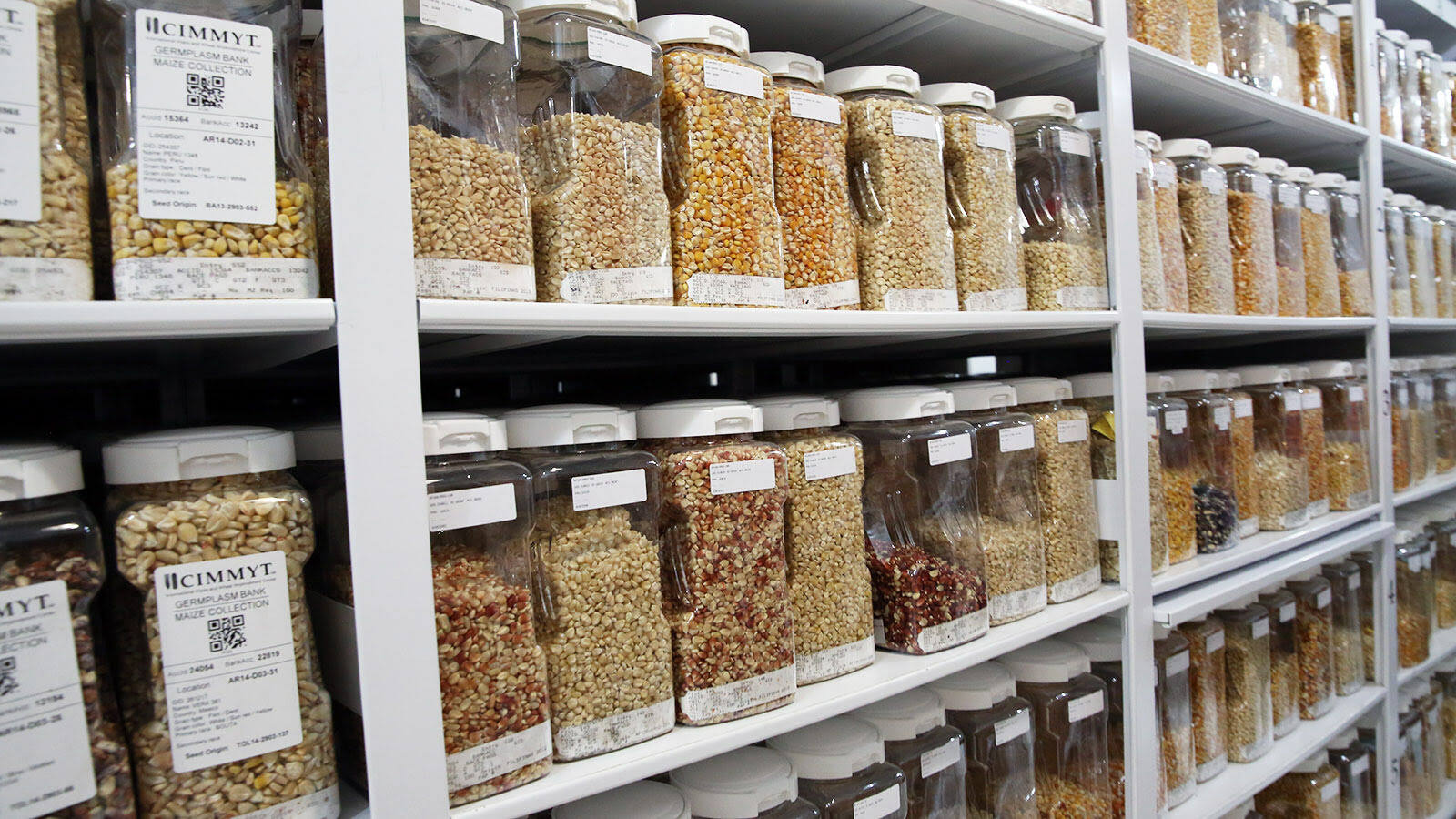
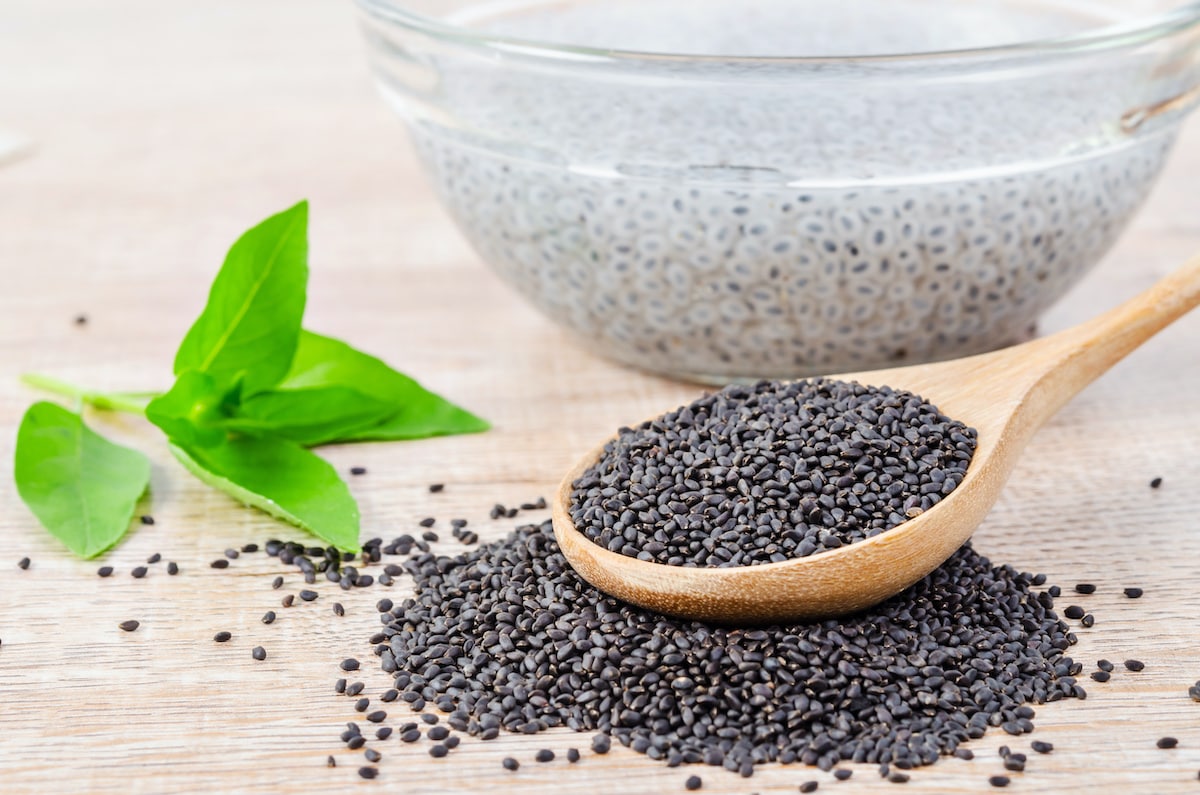
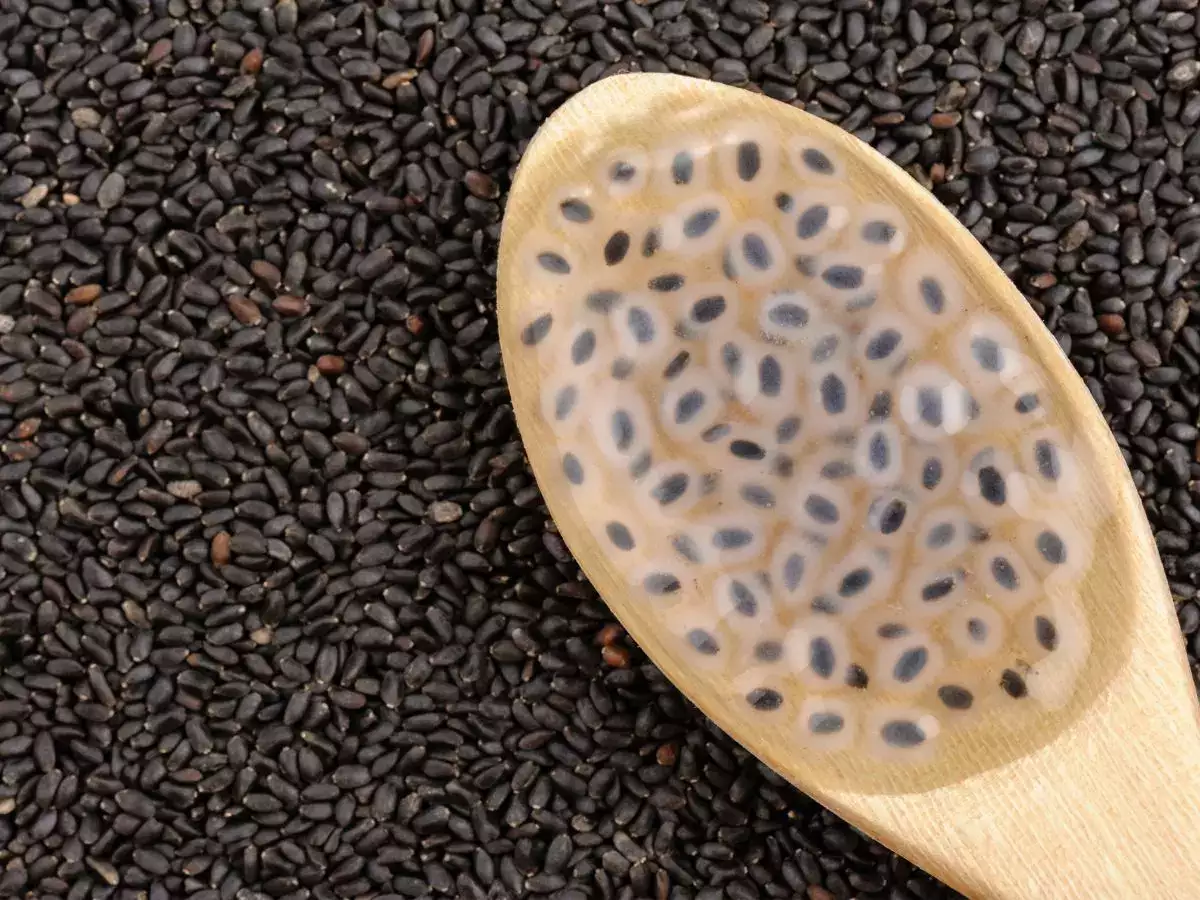
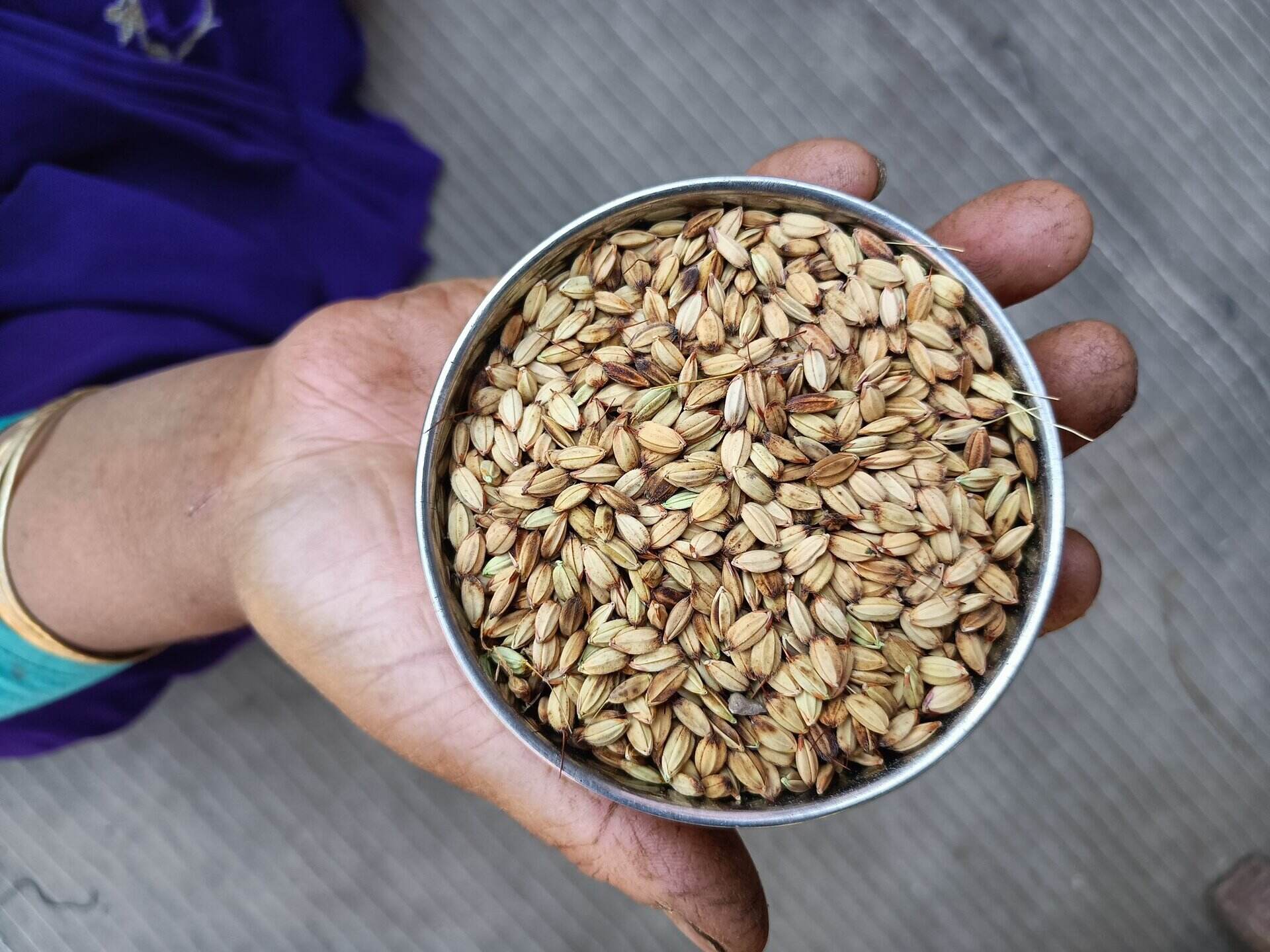

0 thoughts on “What Are Caraway Seeds”